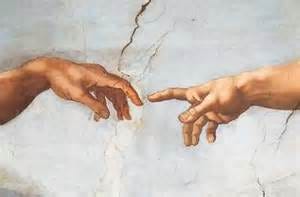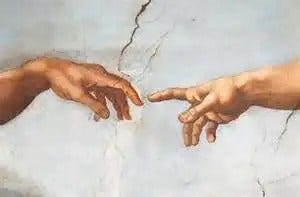The Starting Point of Reformed Theology


In chronicling the unique contribution of Reformed Theology to Theology proper (i.e. the Doctrine of God), T.F. Torrance describes Calvin’s project as being in “full revolt” of the Latin system. Medieval theology, says Torrance, begins with the “being of God,” conceived of in primarily philosophical categories. Reformed Theology, in contrast, begins not with a philosophical ontology, but with the ways in which God has chosen to reveal Himself—namely, His Word, written and incarnate. Says Torrance[i]:
“In contrast, then, to Medieval theology, the Reformed doctrine of God can be set out in four main lines.
(1) God is He who is known only though His Word, who is indeed unknowable except as He gives Himself to be known, but who has as a matter of fact condescended to reveal Himself to us familiarly in our human speech and in our creaturely world in such a way that we are drawn into conversation, that is personal relation, with Him.
(2) This is essentially the living, active, Creator God of the Biblical Revelation, who made the world out of nothing, so that all creaturely reality is utterly distinct from Him, though entirely dependent upon His goodness for its existence and being and order and goal. As such He is utterly free, transcendent and incomparable in His Divine Life and Being. He really is the Supreme Eternal, Infinite Being, and reveals Himself as such through His active intervention and works in creation and redemption.
(3) This God, is ‘a God in Covenant,’ as the Westminster Larger Catechism admirably put it. He is not a God who wills to live alone but who has created man for communion with Himself and bound man in Covenant promises which He actively fulfils within creation and history. He is the God who intervenes in history, who is mightily active in the Covenant people, as well as the nations of the world, in the fulfilment of His redemptive purposes.
(4) He is the God and Father of Jesus Christ, the Saviour, to whom we in Christ may pray, ‘Our Father.’ It is this knowledge of God in Christ which governs all, which tells us that God is eternally Father, Son, and Holy Spirit, so that all the perfections of God are of the Three Persons of the Godhead, so that God’s relation to the creature, in creation and in redemption, is the relation of this God who became incarnate and creaturely man, and yet remains very God on the throne of His Kingdom. There is no God except He who has shown us His Face in Jesus Christ, so that we cannot go behind the back of Christ to find God, or know anything about Him apart from this God, for there is no other God than this God. Here then, it is not some prior ontology, but Christology which is all-determining in our knowledge of God.”
[i] Torrance, Thomas F. The School of Faith: The Catechisms of the Reformed Church. London: J. Clarke, 1959. Print.
The post The Starting Point of Reformed Theology appeared first on Kuyperian Commentary.

